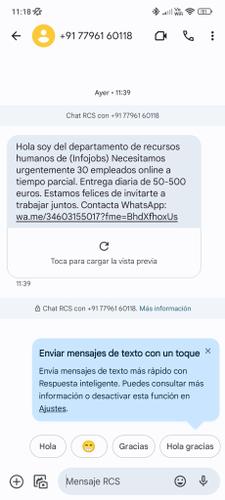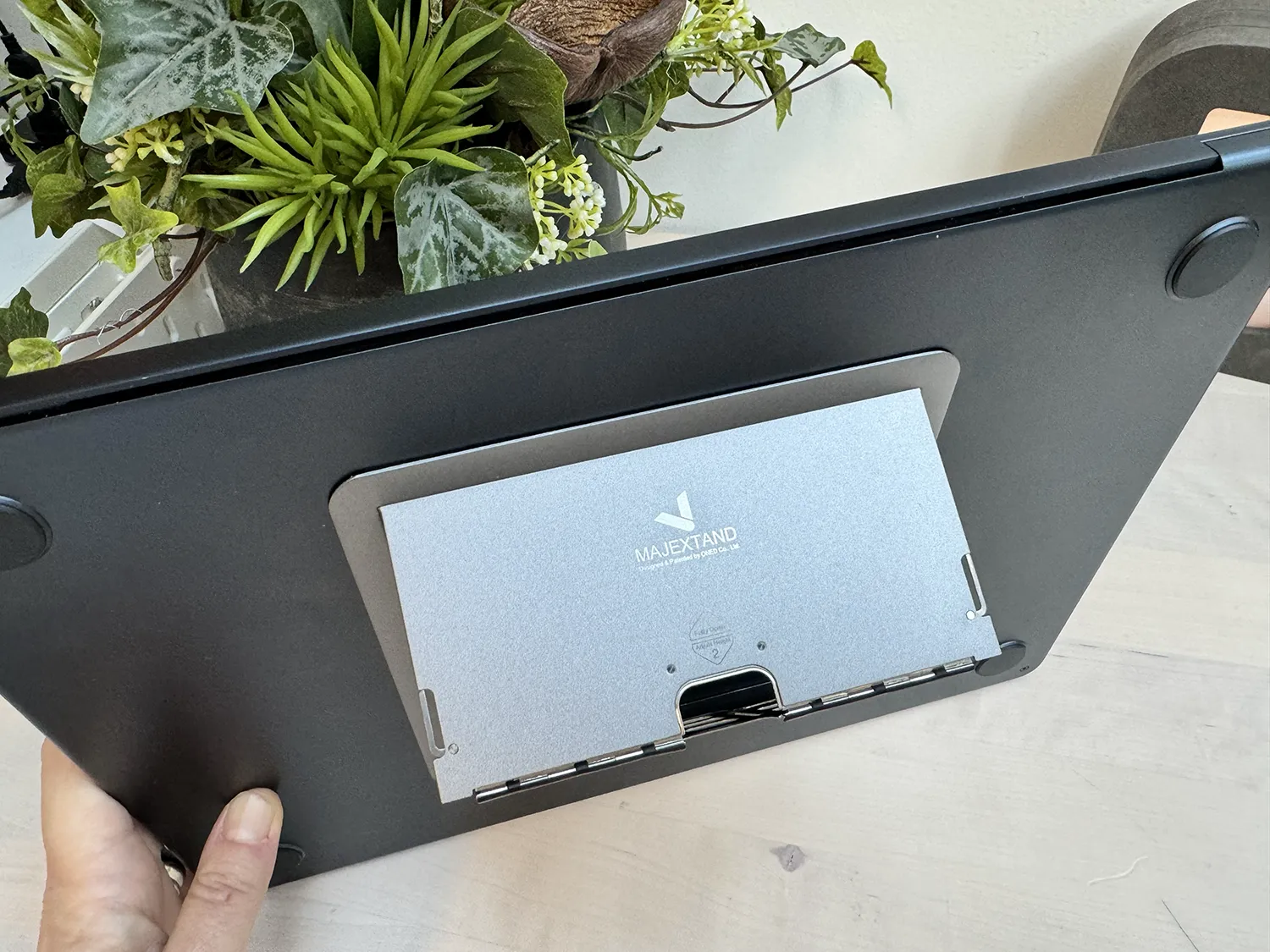We live in complicated times in which the slightest mistake can cost us dearly. Scammers are becoming more and more skilled, and are looking for all kinds of techniques to deceive their victims and get their money. With the rise of mobile phones, scams are the order of the day. But they don’t necessarily have to come via the Internet; sometimes, a simple phone call can cause a lot of problems. And this is what the Civil Guard warns.
Since the beginning of the year, a group of scammers has been carrying out periodic campaigns with which they seek to extract money from people. This time, what they do is make a missed call to our phone in the hope that we will see it and decide to call it back to see who it was.
These calls are usually made from abroad. Therefore, if we return it, the call has a cost (quite high, too) for the victim. Scammers usually have deals with companies, so that when the call is returned, part of the money charged for a foreign call goes to them. They may even use tricks to make the victim stay on the phone longer, because the longer the call is established, the more money they take from the commission.
The most common dangerous prefixes
As reported by the Civil Guard, calls are made mainly from 4 countries:
- Albania (with prefix +355)
- Ivory Coast (with prefix 225)
- Ghana (with prefix 233)
- Nigeria (with prefix 234)
Civil Guard
@Civil Guard
Do you know the missed call scam? 📞
Do not return losses of these prefixes:
355 👉 Albania
225 👉 Ivory Coast
233 👉 Ghana
234 👉 NigeriaThey will charge you a special rate. https://t.co/tVIinOZ4ZC
February 23, 2024 • 15:02
1.6K
66
But those prefixes are not the only ones. We can find many other prefixes that hackers change over time. For example, calls from India, the Congo, or other African or Eastern European countries are also very common. It is even possible that we receive calls from much closer, such as the United Kingdom (with prefix +44), which, likewise, we should never return.
Avoid falling for scams
As we can see, it is very easy to fall into deception. Almost every time we see a missed call on our phone we return it to see who it was and what the person wanted. And that’s what these scammers take advantage of.
Our recommendation, to avoid problems, is to avoid always returning calls. Unless we know the number, or are waiting for a specific call, the best thing we can do is never return them, since we run the risk of falling into a scam. Additionally, if we call back, the scammers mark the phone as active, and it will go to a list from which they will send us other scams.

We also recommend enabling Anti-Spam filters on mobile phones. In the case of Android, for example, Google analyzes all incoming calls and warns us (with a white screen with red letters) that the call has been considered SPAM and that we should not pick up. In the case of iOS, since Apple’s system does not have this functionality, we have to resort to third-party applications that fulfill this purpose. For example, one of the best known is Truecaller.
And, as always, use common sense.













